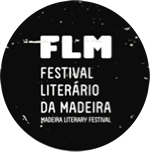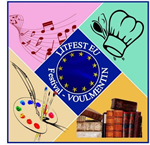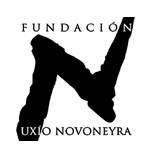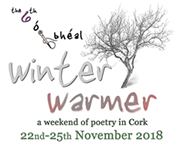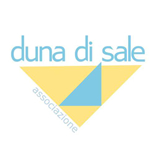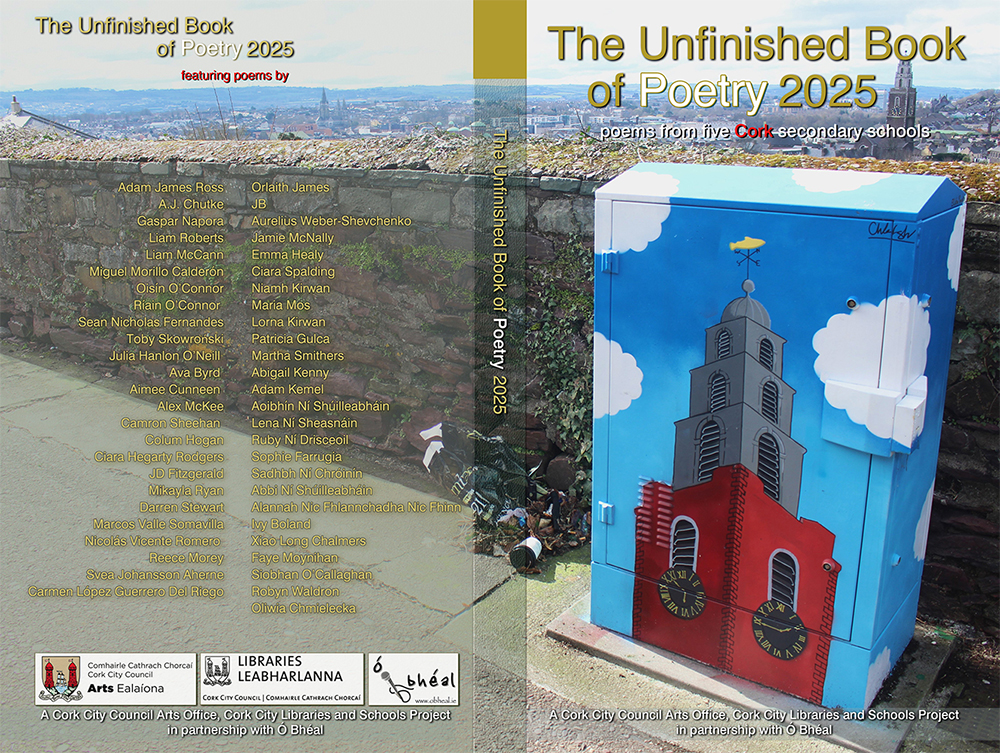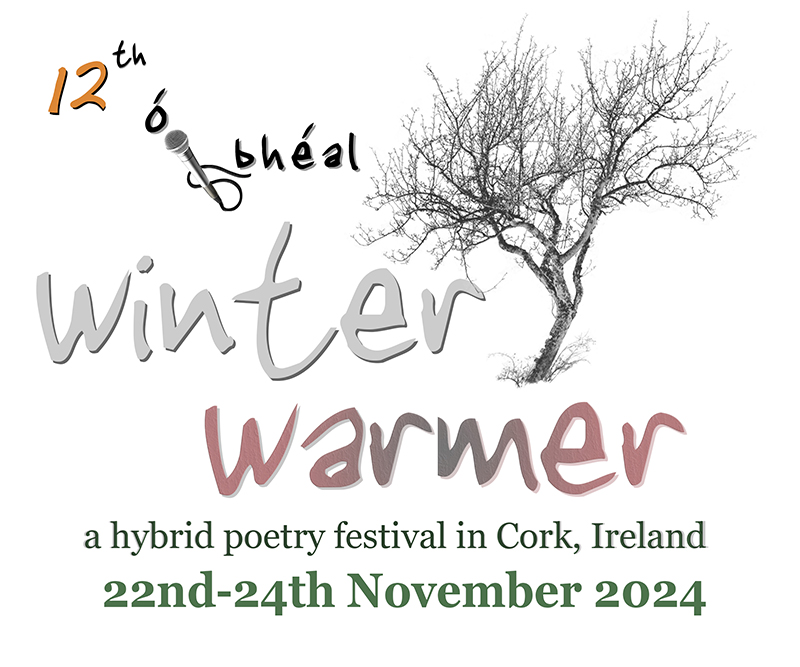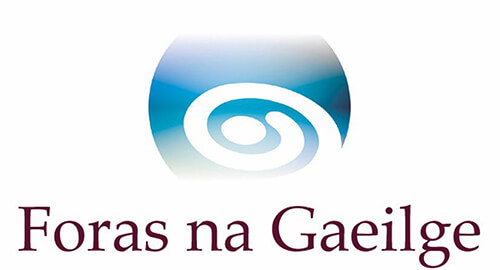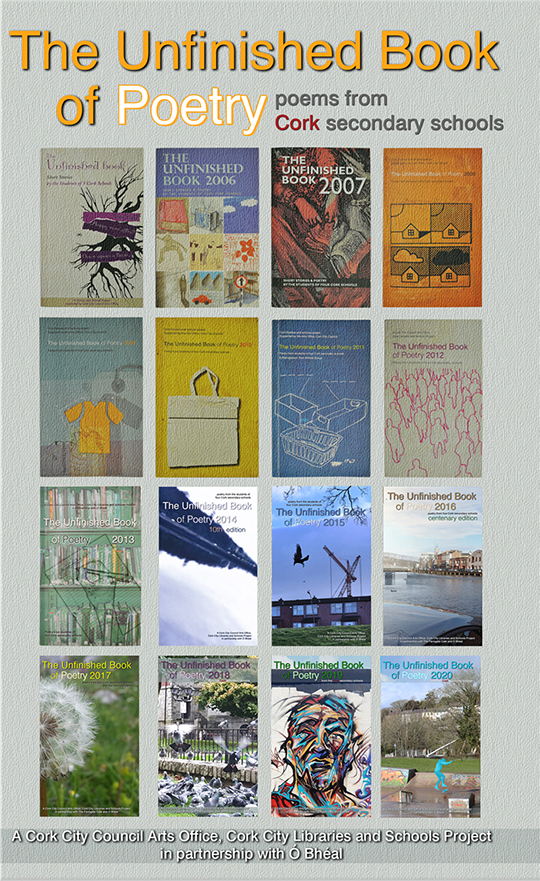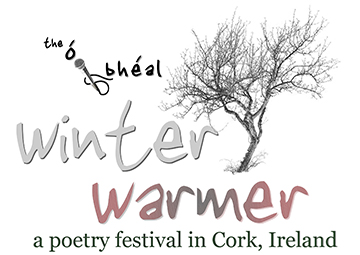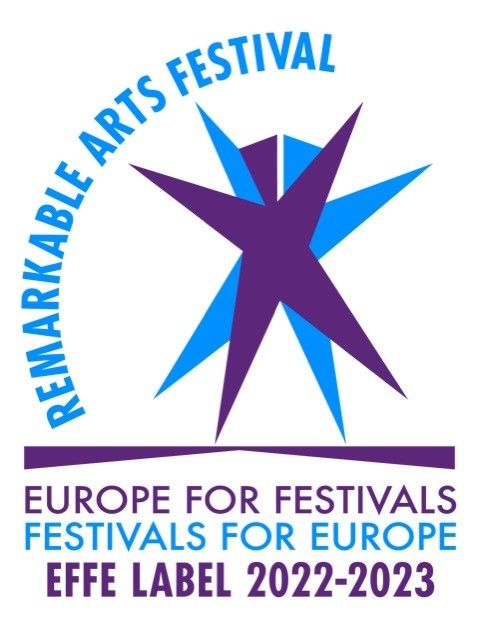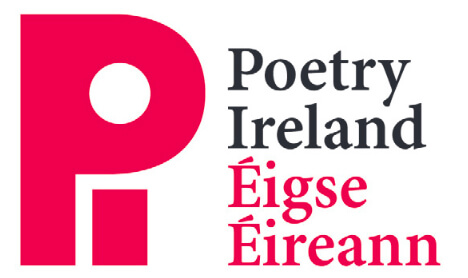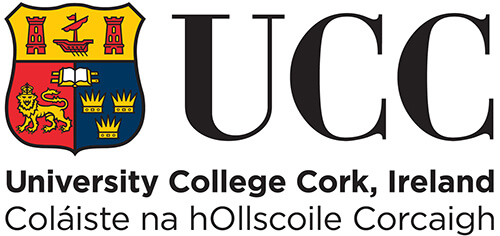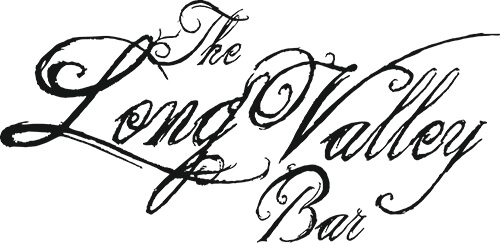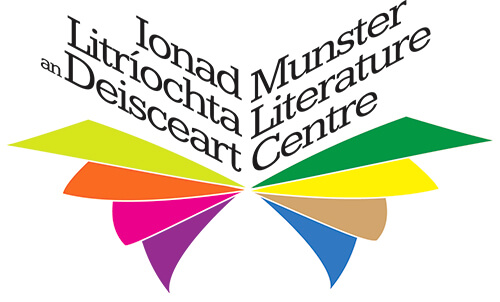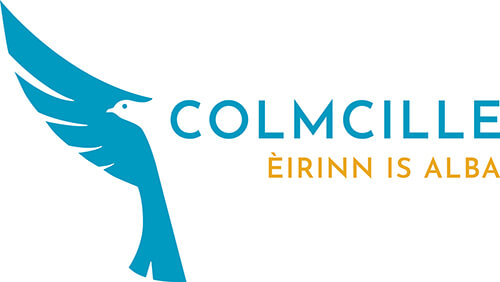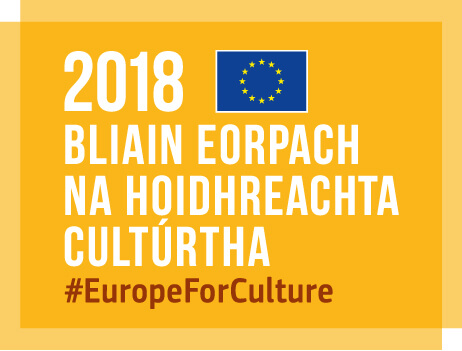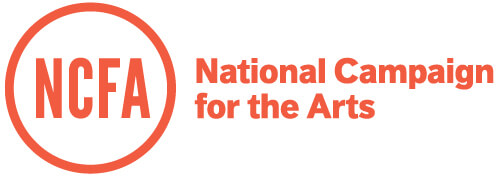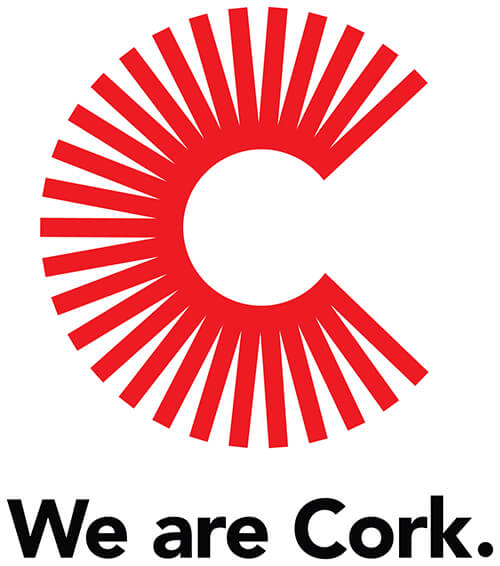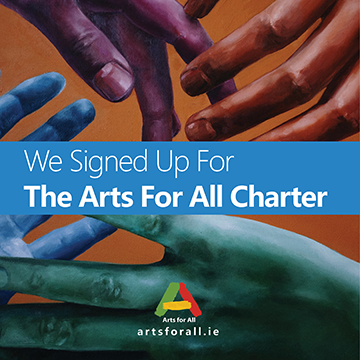ECIC – European Community of Inclusive Cultures
In 2016, Ó Bhéal was approached by Uxío Novoneyra from Parada Courel – who runs the Dos Eidos festival at the Novoneyra Foundation in Galicia – on behalf of a group of literary organisations based in four European countries (Spain, France, Italy and Portugal), asking if we would be interested in partnering up with them, to collectively apply for an Erasmus+ grant. Three of these organisations had previously undertaken a similar venture, which meant they already had experience with the application process, and none more so than Maureen Walby, head of the French contingency in Voulmentin. The Irish and Portuguese partners were new to the process.
So after a series of introductions, discussions and productive (multilingual) skype meetings, we initiated ECIC – European Community of Inclusive Cultures. Ó Bhéal and the other parties each signed a partnership mandate to apply for the Erasmus+ grant in order to fund a two-year programme of workshops, learning activities and exchanges of best practice (in curating literary festivals) between the five partners. Thankfully the application was a success and before we knew it we were planning visits to each other’s countries. Listed beneath are the five organisations and their respective festivals, with links (as they appear) to photo reviews of the exchanges.
(March 13th-18th 2018) – Madeira, Portugal
hosted by Associação Eca
*** Photo Review by Ó Bhéal Participants ***
(June 25th-July 1st 2018) – Voulmentin, France
hosted by LitFest.eu
*** Photo Review by Ó Bhéal Participants ***
(August 21st-27th 2018) – Courel, Galicia, Spain
hosted by Fundación Uxío Novoneyra
*** Photo Review by Ó Bhéal Participants ***
(November 22nd-25th) – Cork, Ireland
hosted by Ó Bhéal
*** 6th Winter Warmer Programme ***
(June 15th-23rd 2019) – Salerno, Italy
hosted by Associazione Duna di Sale
*** Photo Review by Ó Bhéal Participants ***
This Erasmus+ grant, provided by the European Union, programme supports organisations from different participating countries to work together, to develop, share and transfer best practices and innovative approaches in the fields of education, training and youth. The programme also gives opportunities to students, trainees, staff and volunteers to spend a period abroad to increase their skills and employability.
The ECIC partnership is being developed under the framework of Key Action 2: “Cooperation for innovation and the exchange of good practices” as a capacity-building project in the field of higher education, aiming to raise literacy standards alongside civil participation & empowerment, to promote people-to-people contacts and also to develop an online toolkit for creating and developing literary festivals.
ERASMUS PLUS…. Ten Key facts…
1. Erasmus+ funding is available to support all forms of lifelong learning for adults of all ages (18+).
2. It’s available to any properly registered organisation that provides any form of learning or teaching. “Learning” includes all aspects of work, leisure and sport.
3. Calls for Project are made at least annually.
4. There are different categories and sectors through which funding applications are made (Higher Education, Vocational Training & Education, Adult Education, Schools, Youth).
5. Funding is offered for Mobilities (learners going to another country to study or to learn, work experience or work-shadowing etc, with no reciprocal arrangement) or through Strategic Partnerships (joint working with at least two other EU Member States working on a specific area of interest or shared need).
6. Projects can be based on “Transfer of Good Practice” or “the Development of Innovation”
7. Bids for funding are submitted through each country’s National Agency
8. Funding can last from 6 months to 36 months.
9. Erasmus+ funding is easy to manage as it uses a simplified financial management process based on “unit prices”. However, careful record keeping is essential. Good support is offered by the National Agencies.
10. Small organisations are encouraged to submit funding applications, especially those working with disadvantaged groups or people with limited access to learning options.
For more info visit: https://ec.europa.eu/programmes/erasmus-plus/node_en
